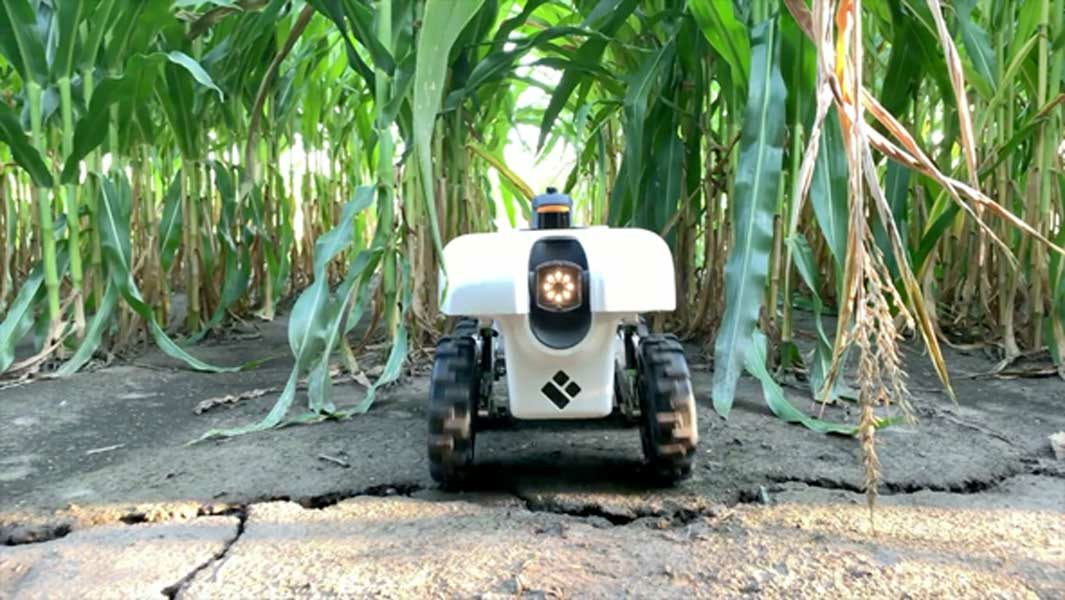
Chengzheng Yu, Saurajyoti Kar, Madhu Khanna, Shadi Atallah, Girish Chowdhary, Muthu Bagavathiannan, University of Illinois at Urbana-Champaign
Agriculture faces key challenges of increasing productivity while reducing adverse impacts on the environment. Conventional weed management practices rely heavily on inefficient and over application of herbicide, which leads to the growing resistance of weeds to chemicals and hurts the soil health. To deal with resistant weeds, new generations of herbicide were continuously invented in the past decades, which results in a more herbicide-reliant cropping system. Digital technologies and artificial intelligence technologies can enable the collection of vast amounts of geo-referenced information about growing conditions within the field, automated implementation of mechanical weed management practices and reduced reliance on chemical inputs. We discuss the pathways by which digital agricultural technologies have the potential to affect weed management, and the need for collective action to make agriculture more sustainable. We provide insights on the factors that can be expected to influence the adoption of emerging digital technologies by analyzing the economic incentives for adoption of semi-autonomous robots for weeding in the corn-soybean system. We discuss the directions for future research to incorporate spatial dependencies in adoption decisions and environmental outcomes.

